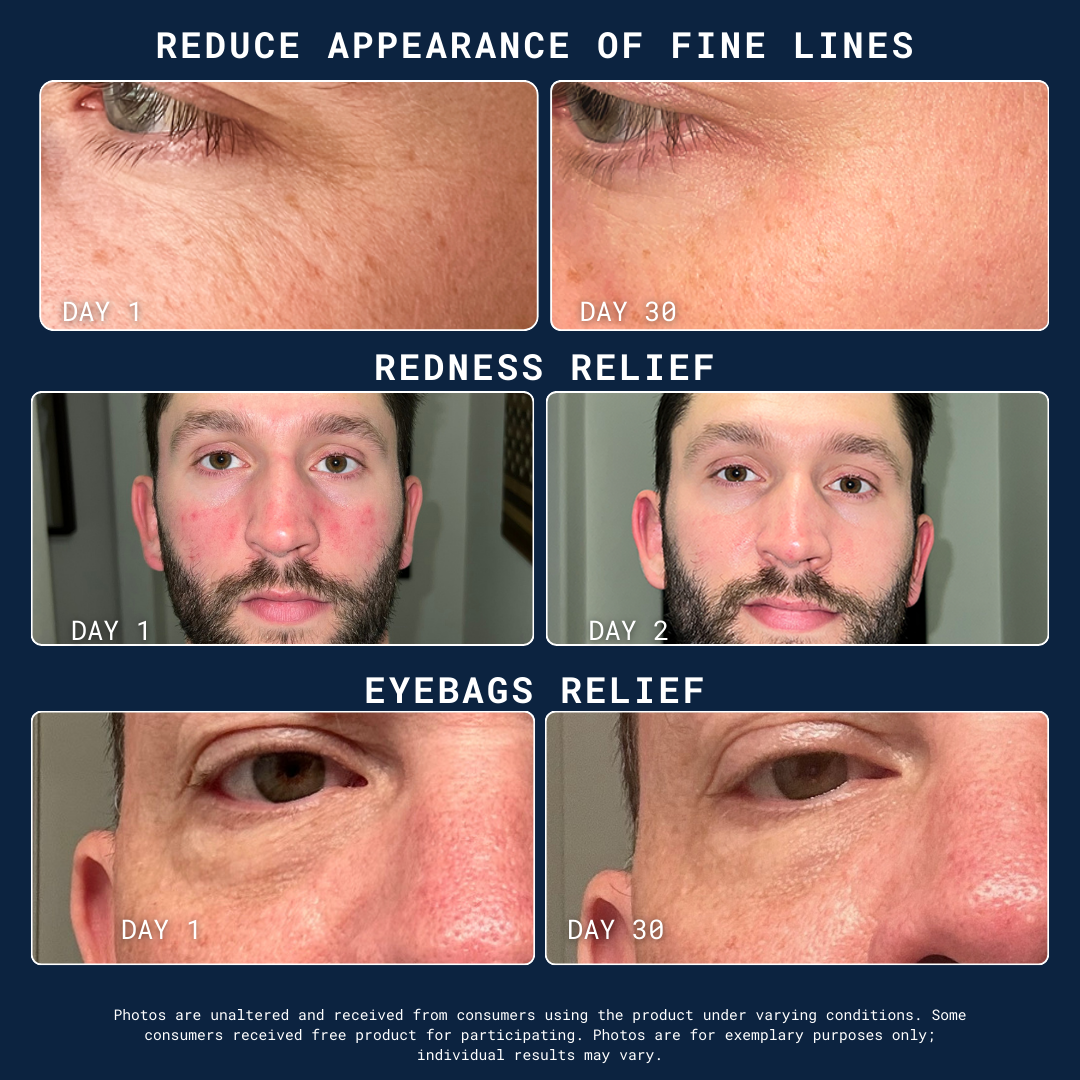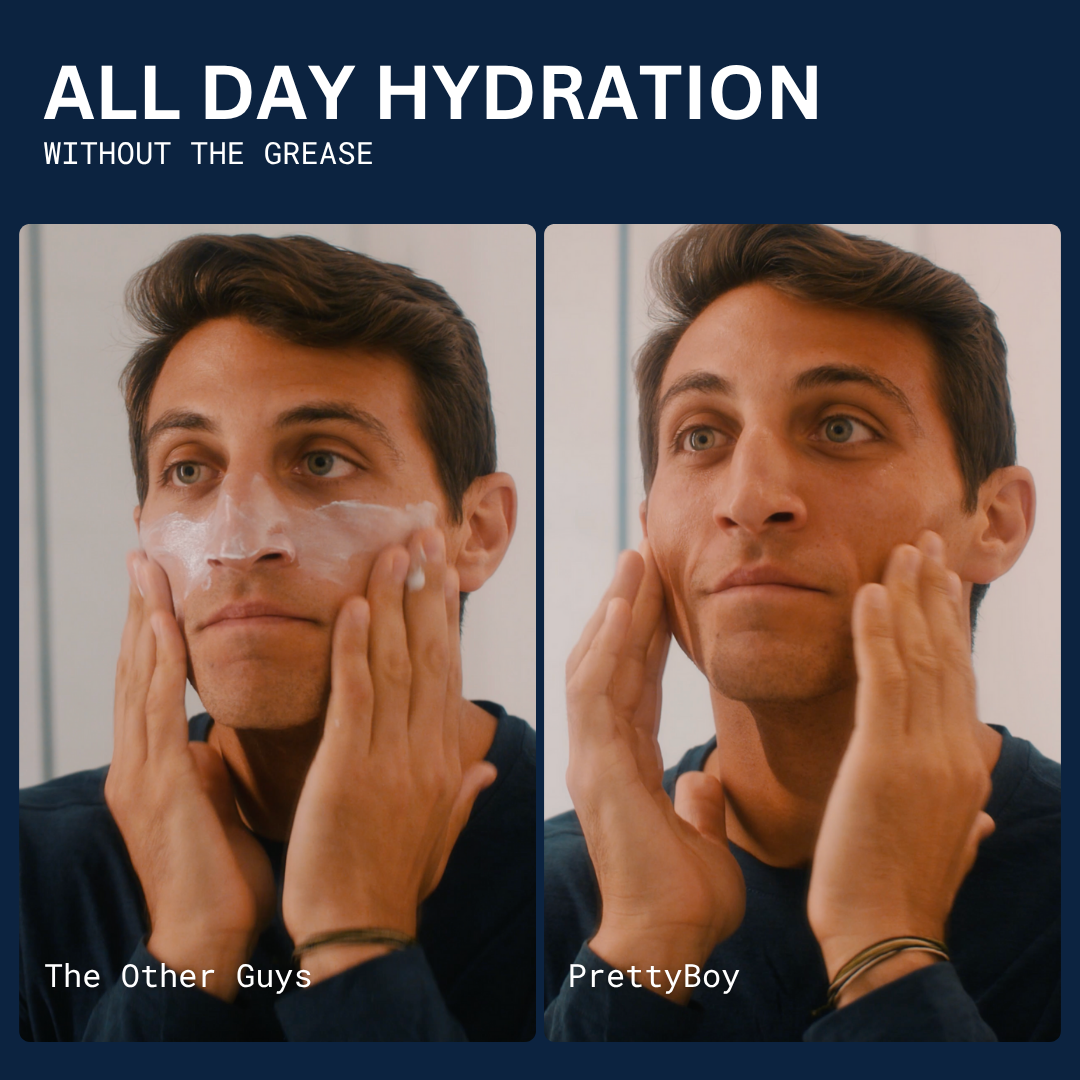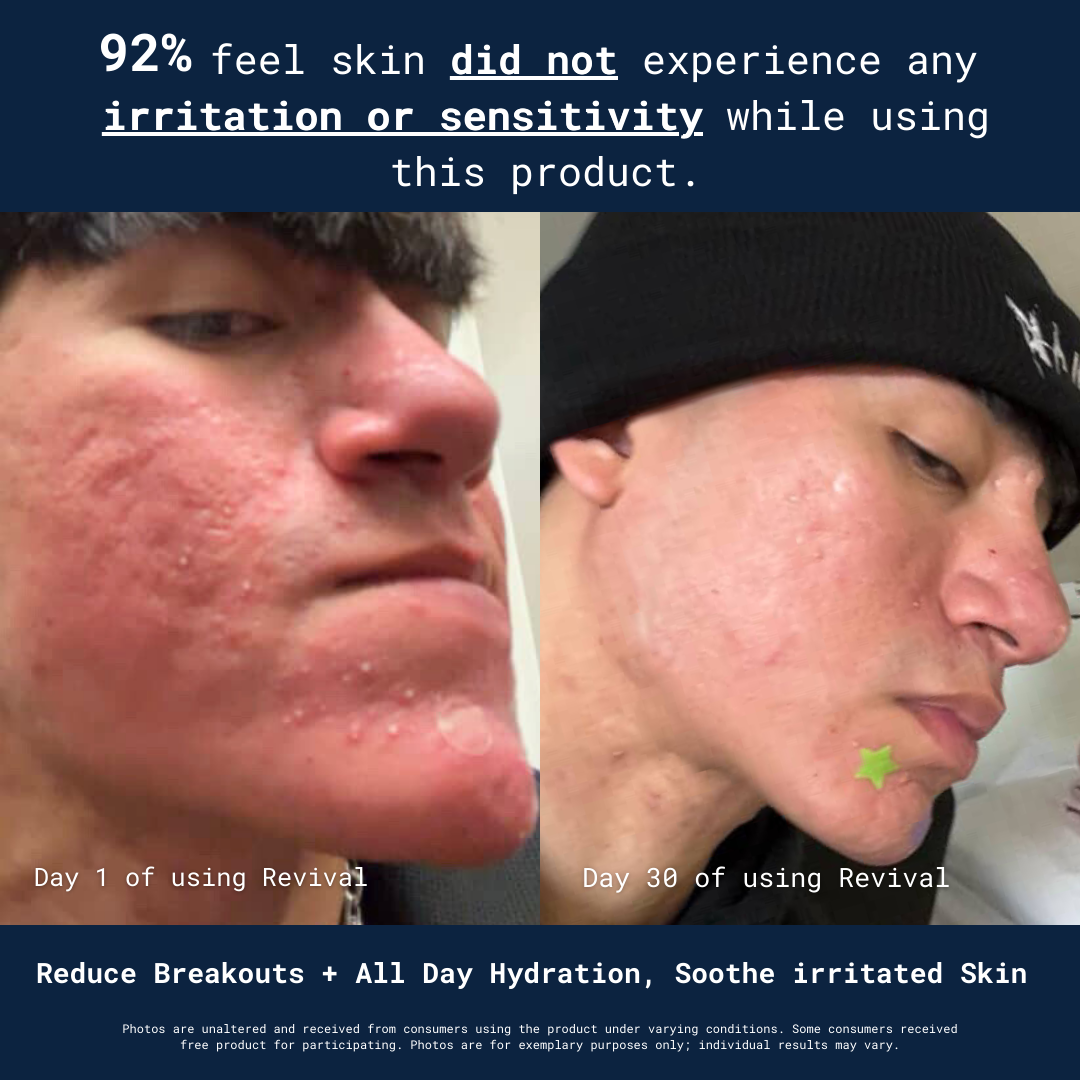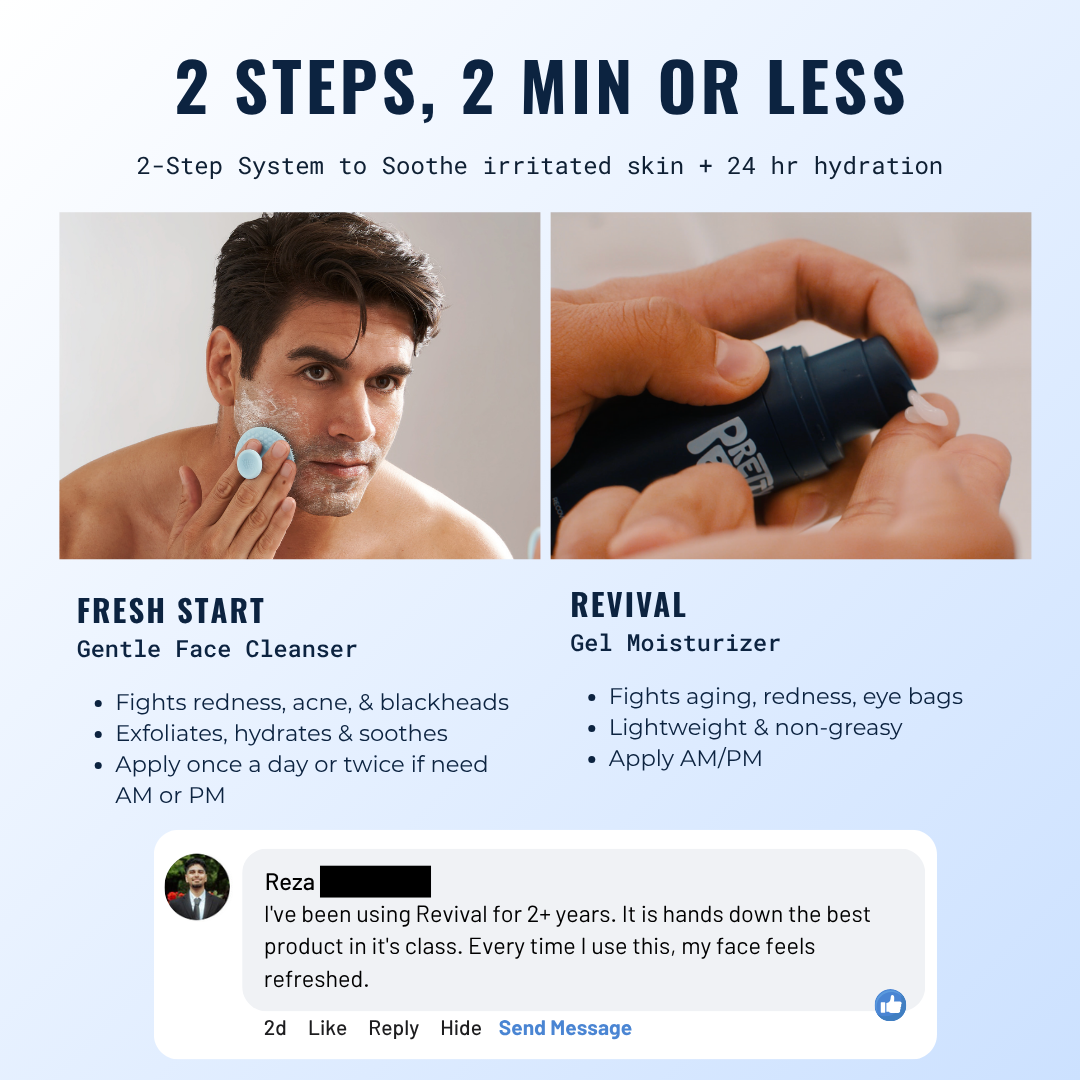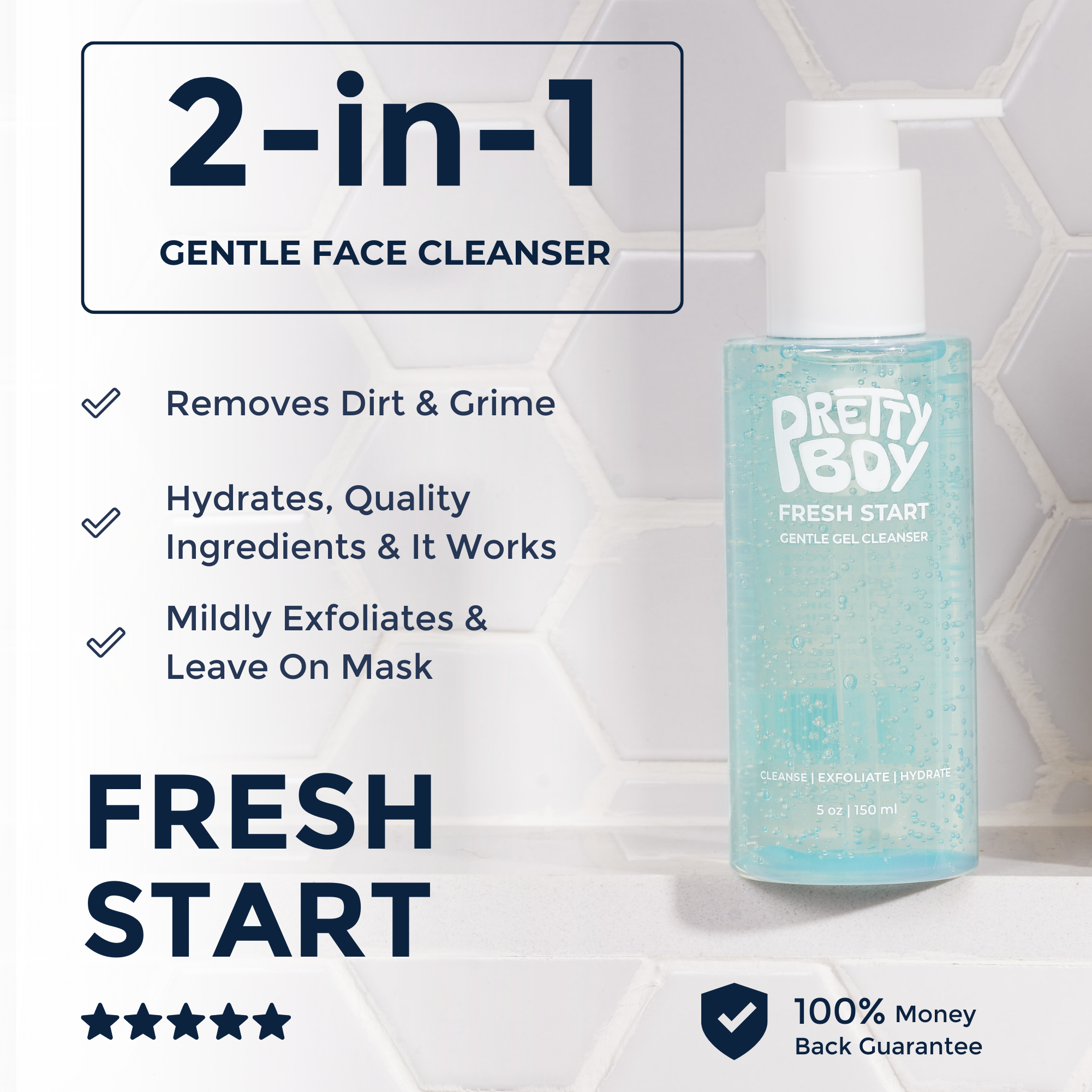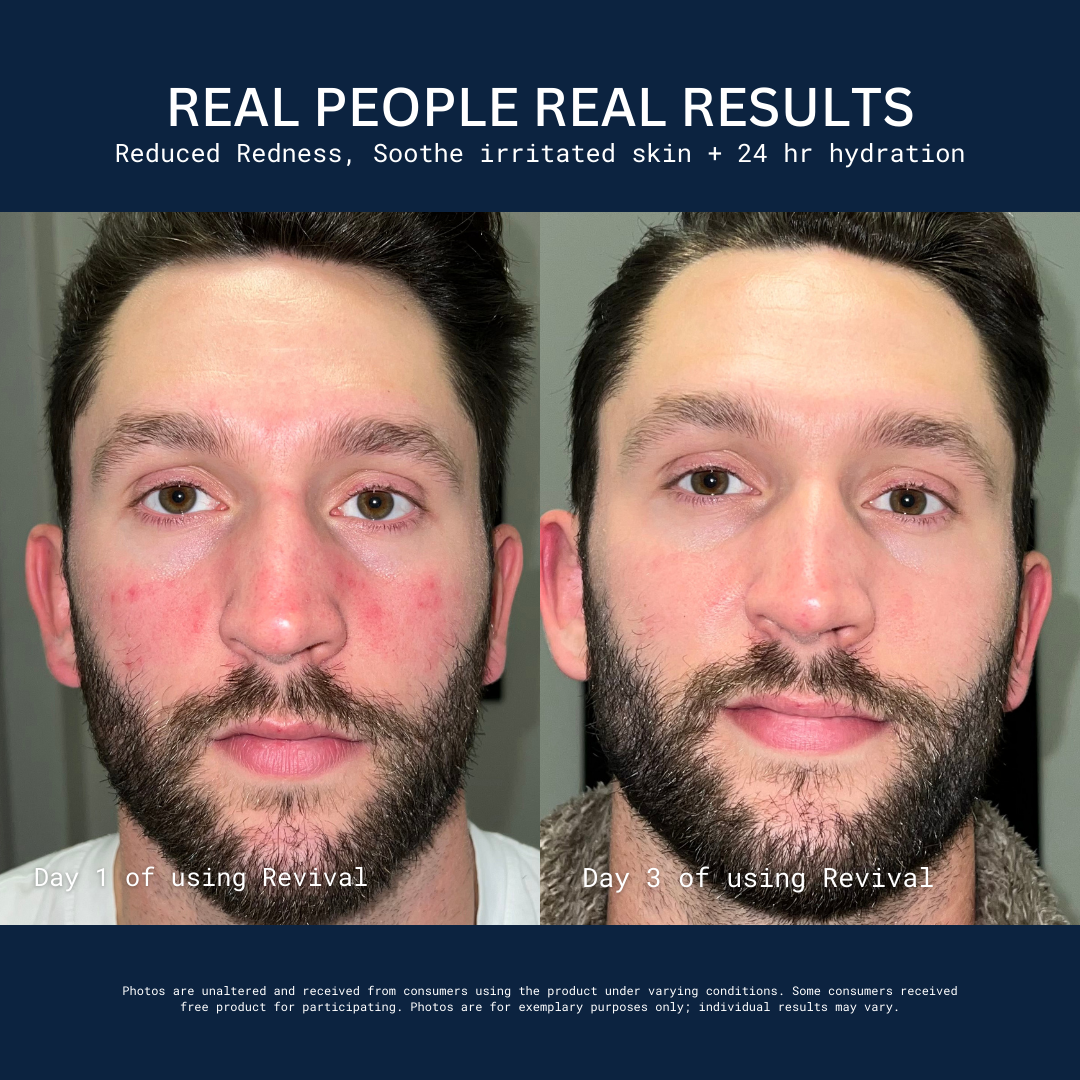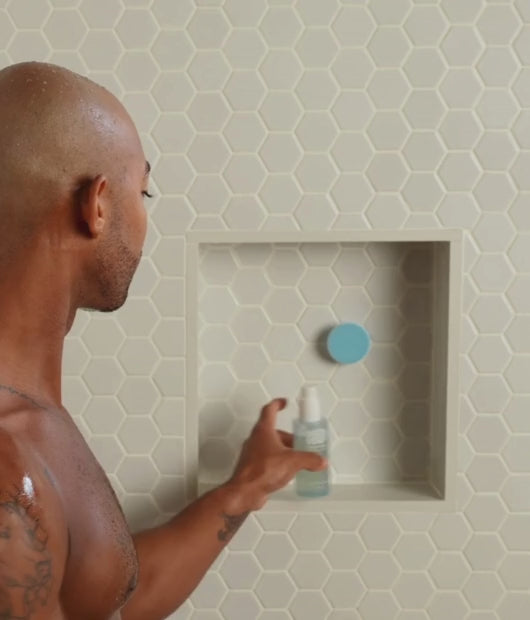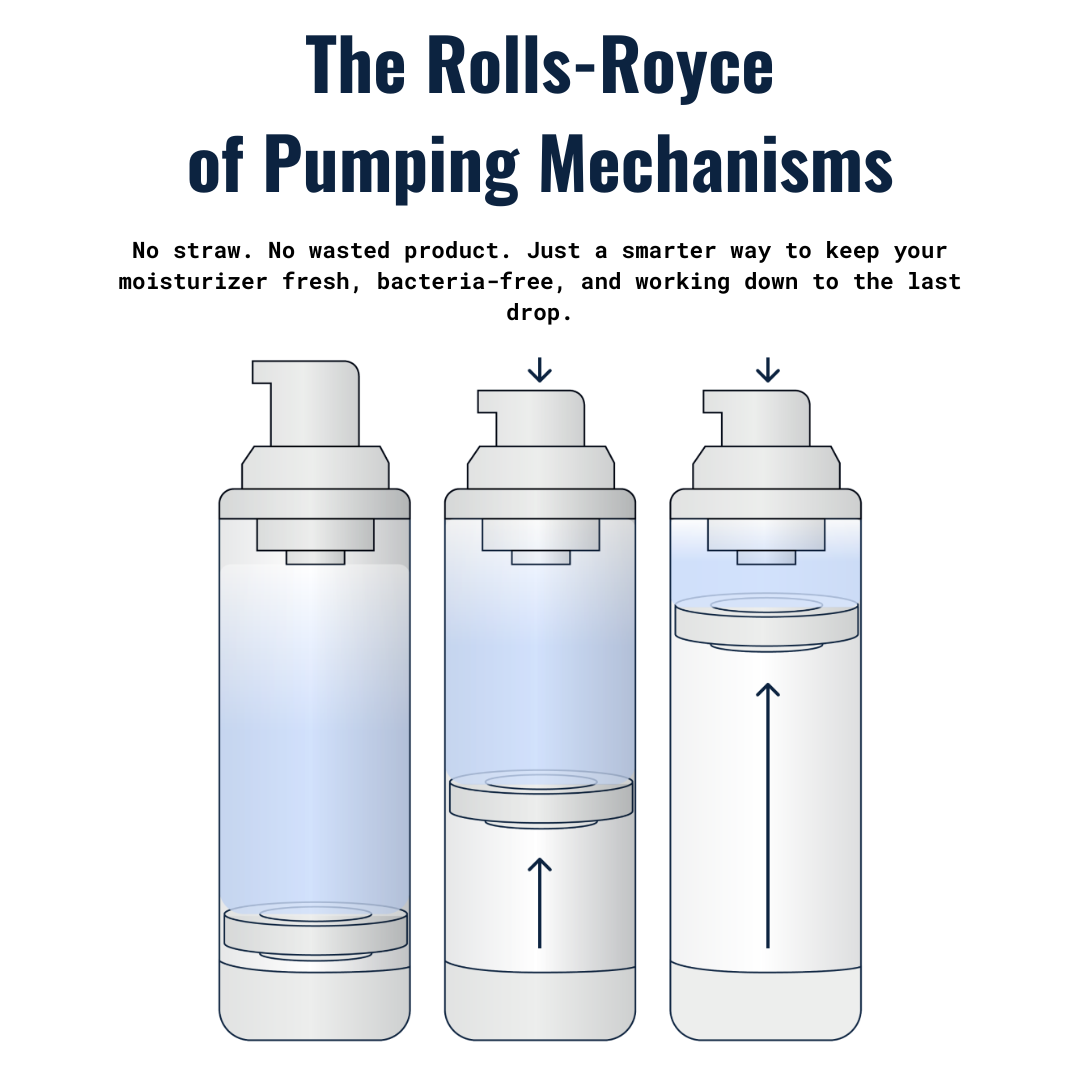When was the last time you REALLY reset?
If you’re anything like us, the stresses of life are constantly at the top of your mind, and your phone has become your most valued appendage. Seriously, if asked whether I want to keep my left pointer finger or my phone, I’m going with the phone, no questions asked.
Going from a career in sales to starting our own company means that even vacations come with unwanted stress and the constant need to open up the laptop, respond to phone calls, and answer other ‘urgent’ communications.
As much as we wish it weren’t the case, this lifestyle will be the status quo foreseeable future.
And we can tell you firsthand that if you don’t identify when your mind and body need a reset, you will burn out…quickly.
The Importance of Disconnecting
We’re smack dab in the middle of the information age. At any given moment, you can access the answer to any question at your fingertips.
Whether looking for a solid place to eat, questions to ask on a first date, or how to negotiate a raise, you can find the answer in seconds on various search engines or social media platforms.
Ever wonder why the CEO’s of the biggest tech and social media companies in the world restrict their own children’s use of their platforms? The statistics below may just give you your answer.
“Research has shown that young adults who use social media are three times as likely to suffer from depression, putting a large portion of the population at risk for suicidal thoughts and behaviors.”
And according to the CDC, “The number of suicides in females aged 15-24 have increased by 87% over the past 20 years. Among males aged 15-24, the number of suicides rose by 30% over that same time period.”
Is it fair to blame that all on social media or screen time in general? Most likely not. Many other factors can contribute to this, but by design, the social media platforms we use and the screens we engage with daily are addictive.
Jennifer Holzbauer, a licensed clinical social worker at Huntsman Mental Health Institute, explains this in more detail in this article published by the University of Utah Health. “We get a dopamine release in our brain when we pick up our phone or log into social media.”
Think about it. Although the immediacy of getting the information we want when we want it yields monumental benefits, it is also conditioning our brains to be impatient, disappointed, and constantly seeking immediate gratification or validation.
So, if you’re someone who is feeling overwhelmed by the stresses of the day, or down on yourself for a reason that you can’t really explain, it may be the perfect time for you to unplug.
PrettyBoy’s 5 Tips for Unplugging and Resetting the Mind
Put The Phone and Laptop Down
We’re not suggesting going completely off the grid (although that is the dream for some, myself included). All we are saying is to be more conscious about the time you spend interacting with the virtual world and subject your body to blue light sources.
Technology is amazing for being productive, staying in touch with friends, and letting the mind shut down with some dopamine relief at the end of a long day, but it needs to be managed.
Be intention. Set some time each day when you completely eliminate any screen time to focus on your mind and body.
Get Outside
I don’t know about you, but sometimes it completely trips me out that our ancestors lived completely outside in nature, evolving constantly based on the elements they encountered, but we spend most of our waking moments sitting at a desk in front of a computer.
We’re hunter-gatherers at heart, and having an intimate relationship with nature is still a key component to our overall health & wellness.
And interestingly enough, a study out of the University of Chicago found a direct correlation between spending time in nature and improvements in directed-attention (cognitive function) abilities.
So get outside, smell the flowers, and appreciate the beauty of the world around us.
Practice Meditation & Mindfulness
The journey toward mindfulness (cue Bill Murray in Caddyshack) is a long and complex process, but that shouldn’t prevent you from getting started. Practicing meditation is a great way to reconnect with your body, mind, and breath.
Meditation allows you to have a deeper understanding and awareness of your body. In times of stress, emotional or physical, taking 5-10 minutes to center yourself through guided meditation can quickly get you back on the right track.
We often use apps like Headspace, Calm, or StillLife to take a much-needed break during a hectic day.
Breathe…and then breathe some more
Like meditating, implementing breath work into your daily or weekly routine, can yield tremendous results for mental clarity and stability.
With roots in the yoga community, the general idea of breathwork is “to release toxins and stress when you breathe out and to nourish your mind and body when you breathe in.”
Check out these great guided breathwork sessions by David Elliot on Spotify (Opens in a new window) (Opens in a new window).
Talk it out
Last but definitely not least, we need to get back to communicating with our friends and loved ones. It’s impossible to navigate this chaotic world without people in your corner that celebrate your successes and are there for you when you’re in your valleys.
Make sure to prioritize checking in on those closest to you, and don’t be afraid to give an honest answer instead of the usual “fine, how are you” when one of your friends checks in on you.
In today’s virtual age, we have seen the frequency of in-person connections reduce. We are constantly in zoom meetings, in the DM’s, or Facetime’ing with our friends. It’s more important than ever to center yourself and get back to communication, relationships, and self-nourishment basics.




